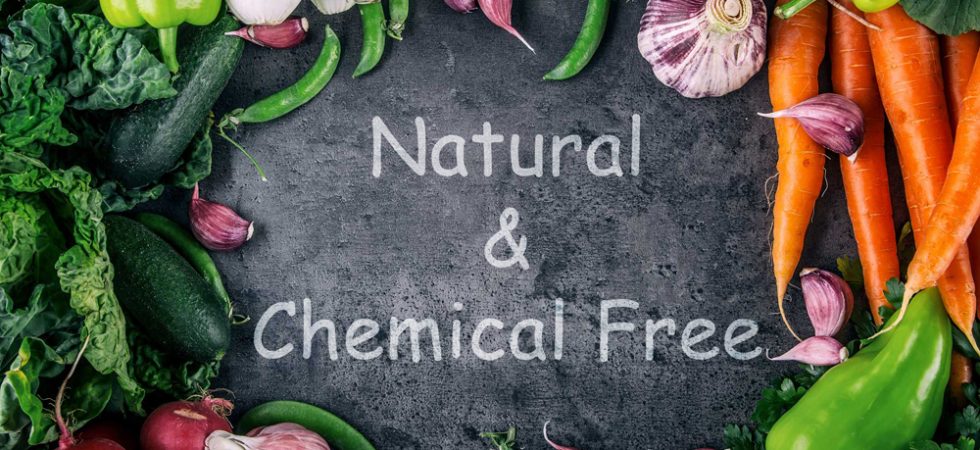
In recent years, there has been a growing awareness and concern about the environmental impact of conventional farming methods. As a result, many farmers and agricultural enthusiasts are embracing a more sustainable approach known as chemical-free farming. Chemical-free farming, also referred to as organic farming or regenerative agriculture, promotes the use of natural and holistic practices to cultivate crops and raise livestock. In this blog post, we will delve into the world of chemical-free farming, exploring its benefits and highlighting why it is crucial for a sustainable future.

- Understanding Chemical-Free Farming: Chemical-free farming revolves around the concept of working in harmony with nature rather than against it. It involves eliminating or significantly reducing the use of synthetic fertilizers, pesticides, herbicides, and genetically modified organisms (GMOs) in agricultural practices. Instead, farmers rely on natural fertilizers, biological pest control methods, crop rotation, and other sustainable techniques.
- Preserving Soil Health: Chemical-free farming places a strong emphasis on maintaining and enhancing soil health. By avoiding the use of harmful chemicals, farmers allow beneficial organisms such as earthworms, microbes, and fungi to thrive. This promotes a diverse and balanced ecosystem within the soil, leading to improved fertility, nutrient absorption, and water retention.
- Protecting Water Quality: Chemical-free farming practices help safeguard our water resources. Synthetic fertilizers and pesticides used in conventional agriculture often leach into water bodies, causing pollution and harming aquatic life. By avoiding these chemicals, organic farmers contribute to cleaner water sources and healthier ecosystems.
- Promoting Biodiversity: Chemical-free farming encourages biodiversity, both above and below the ground. The absence of pesticides and herbicides allows beneficial insects, birds, and wildlife to flourish, creating a natural balance that controls pests and diseases. Additionally, organic farms often include hedgerows, cover crops, and native plantings, providing habitats for beneficial insects and supporting pollinator populations.
- Producing Nutrient-Rich Food: Chemical-free farming prioritizes the nutritional quality of crops. Studies have shown that organically grown fruits, vegetables, and grains contain higher levels of vitamins, minerals, antioxidants, and beneficial phytochemicals. By consuming organic produce, individuals can enjoy the full spectrum of health benefits offered by nutrient-dense food.
- Mitigating Climate Change: Chemical-free farming practices contribute to climate change mitigation and adaptation. Organic farming methods focus on building healthy soils that sequester carbon dioxide from the atmosphere. Additionally, regenerative agriculture techniques such as agroforestry and cover cropping help reduce greenhouse gas emissions, enhance soil carbon sequestration, and improve overall farm resilience.
- Supporting Local Economies: Chemical-free farming often aligns with local and sustainable food systems. Organic farms tend to prioritize direct sales to local markets, fostering community connections and supporting local economies. By choosing organic and locally produced food, consumers contribute to the growth of a resilient and sustainable food system.
Conclusion: Chemical-free farming represents a vital shift towards sustainable agricultural practices. By embracing this approach, farmers can protect the environment, enhance soil health, preserve water quality, promote biodiversity, and produce nutrient-rich food. As consumers, we have the power to support chemical-free farming by choosing organic products and supporting local farmers who prioritize sustainable practices. By doing so, we contribute to a healthier planet and pave the way for a sustainable future for generations to come.









